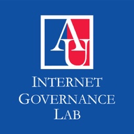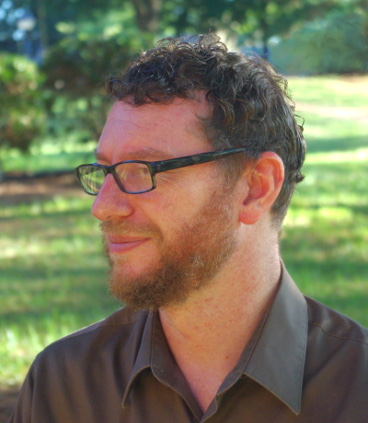By Kenneth Merrill
The Internet Governance Lab is pleased to announce that Dr. Andrew Rens will be joining us as a Postdoctoral Research Fellow. In this capacity, he will be running a research program focused on technology governance of the Internet of Things. As Dr. Rens explains:
The Internet of Things raises complex issues of ownership and control, privacy, and surveillance, ubiquity, and fragility. Some press accounts narrate these issues as consumers versus corporations in which consent is key. But the Internet of Things is mostly the Internet of Other People’s Things, we interact with these Internet-connected objects as employees, students, tenants, and citizens. The things are not simply data input devices, however intrusive but technologies with immediate physical effects such as networked 3D printers. Questions around the governance of the Internet of Things (IoT) exhibit the same super complexity as Internet governance generally; with multiple sites of governance and actors operating across legal borders.
The IoT is promising for the developing world and digital inclusion. Through cheap sensors and the ability to fabricate equipment, the IoT may dramatically lower barriers to scientific experimentation. Every classroom could potentially be a laboratory. But will the Internet of Things be configured to optimize these possibilities? How will development and human rights be taken into account when governance is neither state nor corporate but takes place through technical standards, protocols and engineering organizations.
Who will control the “things” in the IoT and what will determine this control? Will it be intellectual property law or standards? Open source offers one way in which the people most affected by a technology can exercise some control over it. Open source software and its associated governance structures have proven resistant to control through intellectual property laws. Will a combination of open source software and open hardware prove similarly robust? Even if open source methods best enables innovation will it control the potentially pernicious uses such as printing guns with a 3D printer?
Rens earned a Doctor of Juridical Science (SJD) from Duke University Law School for research on using open copyright licenses in education. As a Shuttleworth Foundation Fellowship, he pioneered work on access to knowledge, IP law reform and open education in South Africa. Andrew Rens has been a fellow at the Stanford Center for Internet and Society, a research associate at the LINK Center at the University of the Witwatersrand, Johannesburg, and the University of Cape Town Intellectual Property Law Research Unit. As founding Legal Lead of Creative Commons South Africa, he ported the South African licensing suite to South African law. He earned a Master of Laws from the University of the Witwatersrand for research on Internet legal issues. He has taught Master’s courses in Intellectual Property, Telecommunications, Broadcasting, Space and Satellite, and Media and Information Technology Law at the Law School of the University of the Witwatersrand. He has also taught Telecommunications Law and Electronic Intellectual Property Law at the University of Cape Town Law School.
Please join us in welcoming Dr. Rens to the Internet Governance Lab and AU and we look forward to hearing from him soon on the always evolving intersection of the IoT and Internet governance.

